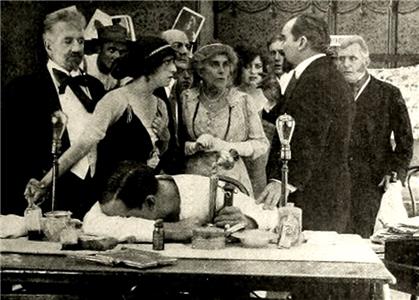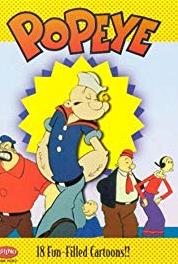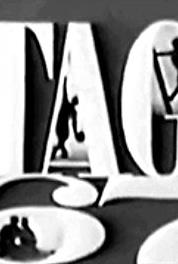His Hour of Triumph (1913) Online

Leonard Dare, a producer, finds himself without a player strong enough to enact the part of Philip Dawany, one of the important characters of the cast. His company is temporarily dismissed and he returns home. Derwent Hall calls for an interview with Dare. Hall's wife is sick: the doctor has instructed Hall to give her better food and medical attention. Hall, desperate, takes the opportunity of urging Dare to allow him to read his play. Spellbound, Dare listens to the most absurd line of talk he has ever heard, but is very much surprised by the magnificent acting of the author. Dare writes out a check for the play and while the hungry man looks on, calmly throws the manuscript on the fire. Dare says he will make him the greatest actor living. Hall is cast in the part of PhiIip Dawany. At first Hall is treated with distinct coldness by the audience, but at last cheer after cheer rolls out as the curtain falls. In this moment, his hour of triumph, a message reaches him from home. His ...
| Cast overview: | |||
| William E. Shay | - | Derwent Hall - the Reporter / Playwright | |
| Jane Gail | - | Countess Zuekelia - the Adventuress | |
| William Welsh | - | Leonard Dare - the Actor / Manager | |
| Mabel Halsey | - | Hall's Sick Wife (as Marie Hall) |










User reviews